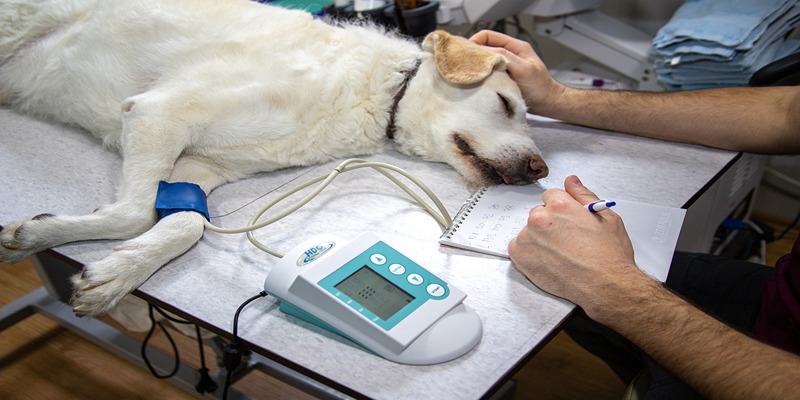With over 90% of American households possessing cars, the country's total number of registered automobiles approaches 275,000,000. Understanding a car's auto-title is essential, given the prevalence of motor vehicles on the road.
Auto titles can be useful for many purposes, as they embed useful information that can even help track your car after it is robbed, which is a huge plus point against cash for cars without titles. Thus, let us immediately begin the formal process and learn about auto titles.
Information Car Title Contains

There is a difference between a car title and a vehicle registration, yet both documents function to give ownership. You must have a car title to sell your vehicle or even consider using it as security for a loan.
Registering your vehicle with your state's transportation agency is legal and fee-paying. Conversely, the owner of a vehicle may be verified using a car title, also known as a certificate of title. Typical items on a car title are as follows; however, details may vary by state.
- Owner: The junk cars without title or certificate show who owns this car.
- VIN: It is your car's 17-character Vehicle Identification Number (VIN) ,includes the manufacturer, model, year, airbag type, and more.
- Car Info: Cash for cars without titles usually includes the maker, model, and year of production.
- Assignment of title: Declaring the transfer of ownership from one party to another is the intent of this section. The "assignment of title" must be finalized when vehicle ownership is transferred.
- Lienholder: Whether you are obtaining auto finance or leasing, the title will usually show you who the current lienholder is. Until the loan amount is repaid, the lienholder will maintain car ownership in several states. After paying off the debt, you could anticipate the lienholder giving you the title as evidence of satisfaction.
- Odometer reading: There may be a part on the title that shows the current odometer reading when the vehicle is sold. Some states require the current mileage to be recorded on junk cars without titles to transfer ownership more easily.
Main Types Of Car Titles
The most widely used cash for cars without title are:
- Clear title: The phrase "clear title" pertains to the state where the vehicle's title is free from unpaid obligations or other restrictions. A vehicle loan application often requires applicants to have the most desirable car title taken from rebuilt title cars for sale.
- Salvage title: A vehicle with a salvage title has lost value due to repairs, theft, or an accident. A salvage title becomes available for vehicles when their value falls below 75%. According to ItStillRuns.com, salvage titles lower a car's value, making it unfinanceable. Good-condition cars may get salvage titles from the insurer. Any vehicle with this title may operate in the state after a safety examination.
- Junk title: Junkyards buy cars with junk titles for the metal, which they recycle or sell in pieces. The junk cars without titles considered junk or salvage are treated the same way in several states.
- Bonded title: Cars are granted a bonded title without proper documentation. After that, the purchaser must put up a security bond equal in value to the vehicle. This will protect the owner financially if any claims about ownership arise along the road. Temporary liens are valid for three to five years.
- Reconstructed title: Vehicles that have been extensively restored or upgraded are given the rebuilt label. The insurance company or the repair shop (body shop, accident center, authorized auto rebuilder, etc.) may have it. If rebuilt cars are deemed safe for public roads and pass inspections, they may be registered for regular usage.
- Rebuilt title: Rebuilt titles, analogs to reconstructed titles, may be accepted for vehicles undergoing extensive restoration. It is provided by the collision center, body shop, professional vehicle rebuilder, or insurance company associated with the repair facility. Technically, it is comparable to the redesigned title after people buy from rebuilt title cars for sale. The vehicle is deemed authorized for operation on public roads after the conclusion of a safety assessment.
- Odometer rollback title: Since the odometer has been illegally and discreetly turned back, there are fewer kilometers on this car than there are. A competent technician can usually tell whether a rollback is present or not.
- Dismantled Title: A vehicle that has incurred substantial damage that surpasses its economic feasibility is granted a disrepair title comparable to a salvage title (RideSafely.com). Automobiles that are uneconomic to repair must be disassembled to recover their valuable components.
How to Transfer a Car Titles

Various reasons why transferring a car's title is required include the sale, gift, or move to a new state; perhaps you can also rebuilt title cars for sale. States may have different standards for compliance. Visit the state DMV website to find out what papers are often required; but beneath we have given a short introduction to the available options.
Transferring To New State
Different laws govern state-to-state title transfers. Among the requests you may get is an emissions test or safety check. The DMV transfer process requires your current driver's license, odometer reading, proof of residency, and vehicle title. Moreover, the transfer and registration of the cash for cars without title in your new state usually take thirty days or more.
Transferring To Family Member
Selling an automobile to a close relative to transfer ownership is the most convoluted procedure. Both of you must sign the assignment part of the automobile title paperwork. Even in cases where the car is given as a gift, certain jurisdictions need a bill of sale. However, the car's beneficiary will submit an application for a new junk cars without title under these conditions.
Transferring Upon The Owners Death
Transferring ownership of an automobile after the owner dies is multi-step. The laws governing car inheritance may vary from state to state. Two standard documents are required in St. An affidavit of inheritance is another document that can be necessary. Also, even if the vehicle was left to you in a will, you can only merely take the cash for cars without title to the DMV with the executor's signature.




